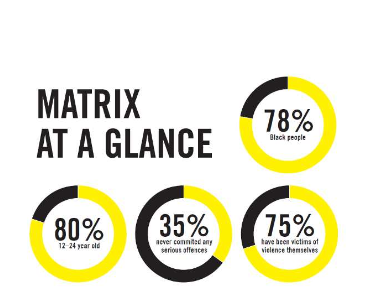The public needs to accept a loss in internet freedom if it wants to stay protected from serious criminals and terrorists, according to the chief of the National Crime Agency.
Speaking to the Guardian, Keith Bristow – director general of the NCA – said laws need to be updated to allow the security services to keep up with modern criminals.
However he said that public support of greater ‘snooping’ laws is vital, particularly after the Snowden affair, and he took responsibility for not making the public more aware of the issues faced.
In June last year Edward Snowden released data he had obtained while working as an NSA contractor revealing numerous secret government surveillance programs.
Bristow said: ‘We are losing capability and coverage of serious criminals. I will and need to be better at explaining why this is important in the world that we live in.
‘The Snowden revelations have damaged public confidence in our ability, whether it’s law enforcement or the intelligence agencies, to access and use data in an appropriate and proportionate way.’
Responding to the comments, executive director of Open Rights Group Jim Killock says it is not politicians who should be making the decisions, and the new powers would need to be monitored carefully.
He said: ‘So far the government seems intent on simply increasing its powers to allow unchecked whole population profiling.
‘To tackle terrorism and serious crime, we need need targeted surveillance that is authorised by judges not politicians, as well as proper democratic oversight to ensure that powers are not abused.’
Snooping powers are currently under intense scrutiny after it was revealed police forces have been using RIPA laws to uncover journalists’ sources.
Speaking at the Conversative Party Conference last week, Home Secretary Theresa May said the NCA and other agencies are struggling to cope with the increasing use of the internet to communicate, and it had even had to drop cases because of a lack of data.
The bill designed to counter this, she claimed, collapsed because of a lack of support from opposition parties.
She said: ‘The solution to this crisis of national security was the Communications Data Bill. But two years ago, it was torpedoed by the Liberal Democrats.
‘We have to give the police and the security services the powers they need to keep us safe.’
In response Julian Huppert – the Lib Dem spokesman on home affairs – questioned the lengths the Conservative Party want to go to.
He said: ‘We do not think that the proposal to store a record of every citizen’s internet browsing for 12 months is compatible with our basic civil liberties.
‘We also do not think it is right to force UK companies to keep track of everything people do on Google, Facebook or other websites.’




